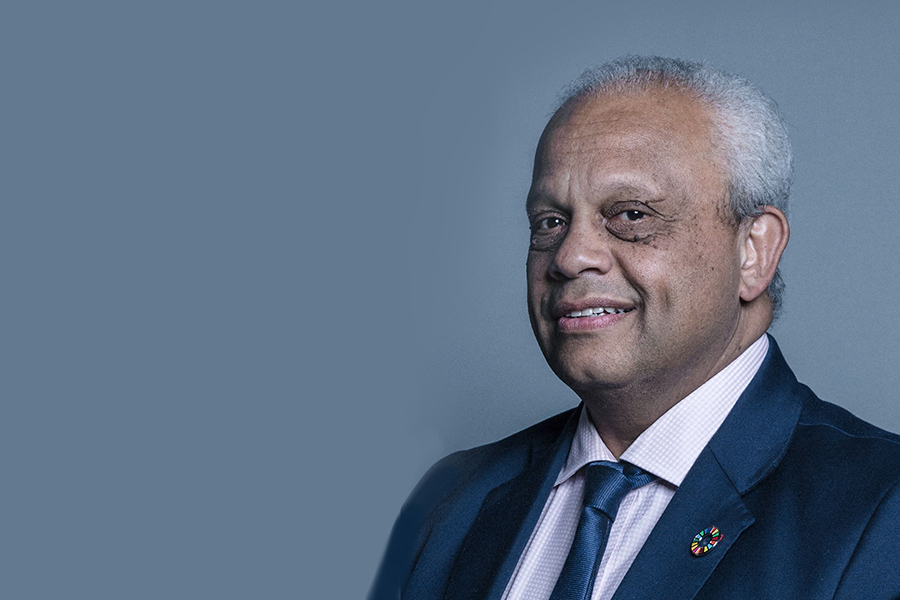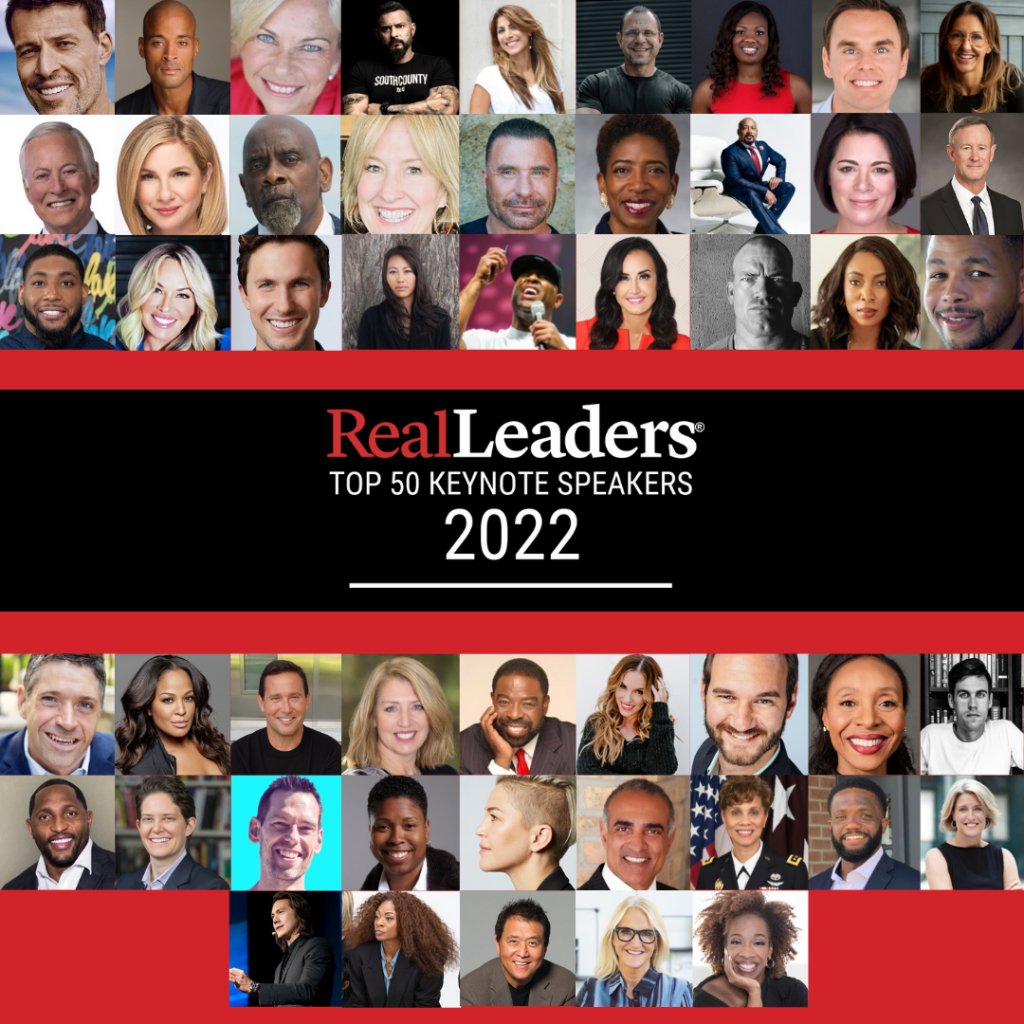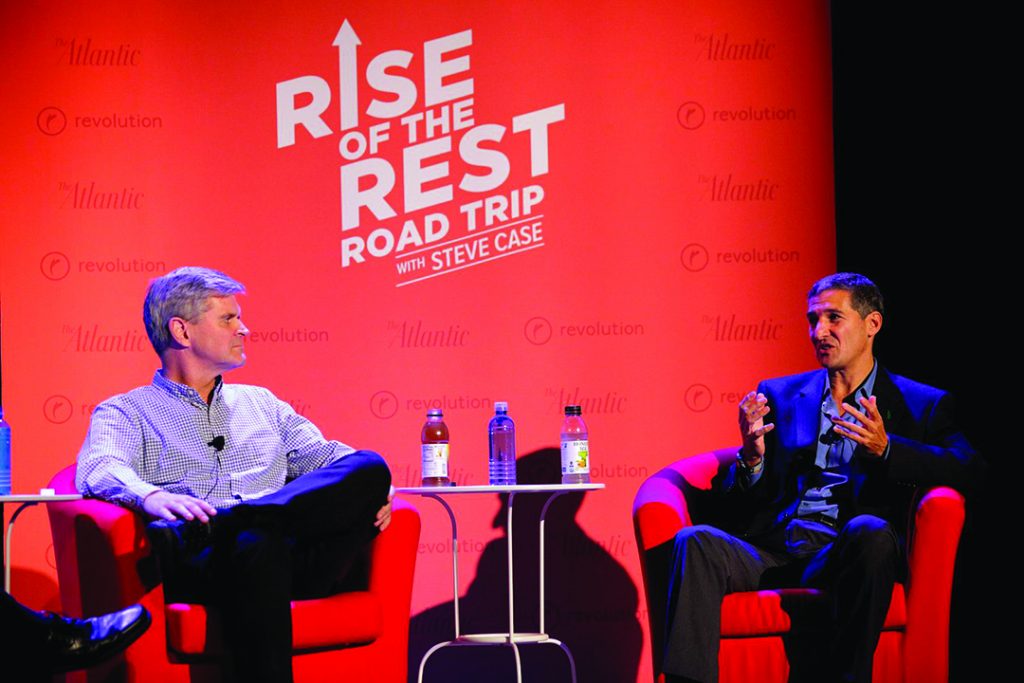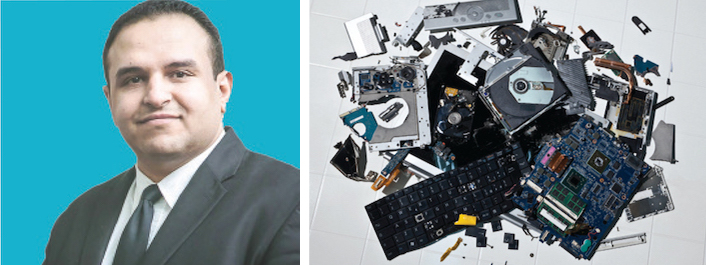Strengthening Markets Through Social Impact

An amazing change has taken place over the course of the last decade. Business has woken up to the reality of climate change, that we’ve all been talking about, but are now experiencing firsthand. Many business leaders have realized that our abuse of plastics, poorly managed waste and overconsumption has become a threat, and that business has the power to create solutions.
Governments can provide frameworks and regulation and set boundaries, but it will be business that provides the energy, vehicles, systems and innovations that provide sustainable solutions. Business has woken up that being pro-planet is not only about being good, but effectively about being profitable. It’s about building for the next future yet to come.
KPMG in London was one of the first companies to adopt a living wage, which then spread to other financial institutions and corporates around the world. Lead through example. Walmart in the USA was the first company to adopt a living wage in that part of the world. How you remunerate people, take care of them and consider their human rights and dignity are important factors in the new world of business. One example would be to give staff time off to vote, and stress the importance of voting (without being partisan). Matching climate awareness with a responsibility for people has shifted business into a new era. Profit with purpose is how we will shape a meaningful future.
The starting point for engaging with this agenda is not to ask how you will maximize profits because you’re being responsible, sustainable and more caring of your people. The reality is that this approach is already profitable. Financial directors and shareholders can be hard to win over, but change is already happening at the highest level.
The Business Council of America made a firm commitment two years ago toward social impact, under the leadership of Jamie Dimon of JP Morgan. He suggested it was time to reshape our obligations toward society and that company agendas should align with people, profit and planet.
When I took on the responsibility at KPMG in 2008 to persuade businesses in 126 countries to adopt an energy program that reduced consumption by 25% we saved hundreds of millions of dollars. Our offices around the world realized that if they took control of their office lighting, servers and energy consumption they were saving a fortune — which in turn drove profit. When you approach sustainability in this way, the finance director, CEO and investors will all sit up and say, “this stuff delivers.”
Many companies lose good people year-after-year from a lack of treating them properly or motivating them. Keeping and retaining talent is also a driver of profit. We discovered that the loss on an annual basis from staff churn and recruitment was the equivalent to the value of the 6 largest audit accounts at KPMG. It’s common knowledge that many employees leave a company because of the managers that look over them, rather than look after them; they generally don’t leave because they are drawn someplace else. The culture in your organization can become a cash advantage.
Three big areas for building profit are: Energy savings, human resources and public engagement through socially responsible program, which helps with reputation building. When Paul Polman was CEO of Unilever he explained this very simple piece of math. The business of Unilever as a whole, in 130 countries and one of the biggest corporations on the planet, had a market value that was 40% greater than it’s operational value. So what is this gap between the things the company owns, makes and sells and Unilever’s market value? It’s all about reputation. It’s one of the greatest intangibles you could ever have in a business, yet on the back of reputation you have the important option to raise capital, to borrow on the markets and negotiate low interest rates. Profitability comes from responsibility, reputation, quality of people and purposeful behaviors.
When I moved from the BBC to KPMG in 2006 there was no job description for my role, despite being head hunted by the chairman of KPMG — just an idea. As a global company that moved between private and public capital, with a presence in varied cultural markets, they had identified the need to galvanize all 130,000 employees at the time around doing what was right and appropriate, in a way that made our clients more effective.
The Rana Plaza collapse in Bangladesh in 2013 is one such example. Many famous luxury brands were being manufactured in the building when it collapsed, killing 1,134 workers, mainly women, with thousands more losing limbs. Each of the companies needed to decide how to respond. It was my duty to speak with the leadership of Primark in the UK about what they intended to do. To their credit, they were the first organization to fully compensate the families of all those affected — massive multi-million dollar payouts. It showed up the other companies that were dragging their feet on the issue and led to a massive increase in reputation for Primark. It attracted great talent and subsequently better sales. It’s a practical example of how profitability was enhanced by social responsibility. Perhaps the best leadership advice I’ve recently heard is from Hubert Joly, former CEO of Best Buy: “The corporations that will thrive coming out of this pandemic are those that treat customers as human beings with needs, and not walking wallets.”
Michael John Hastings, Baron Hastings of Scarisbrick CBE, is the former Global Head of Corporate Citizenship for KPMG International. He was previously the BBC’s Head of Public Affairs and then the first Head of Corporate Responsibility. He is the Chancellor of Regent’s University London, and Professor of Leadership at the Stephen R. Covey Institute, Huntsman Business School, Utah State University.





Responses